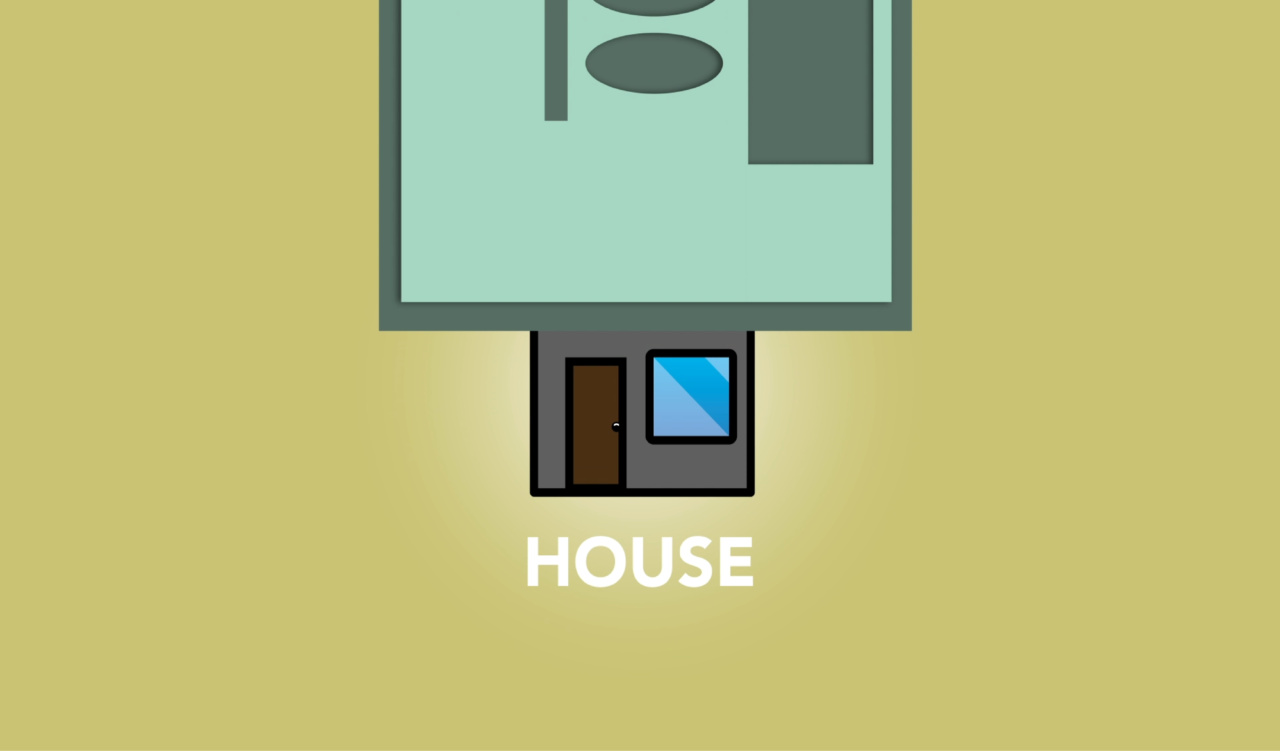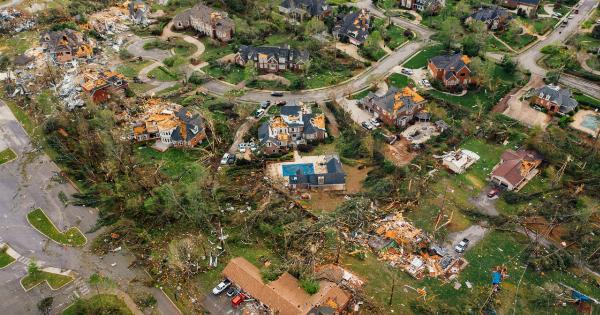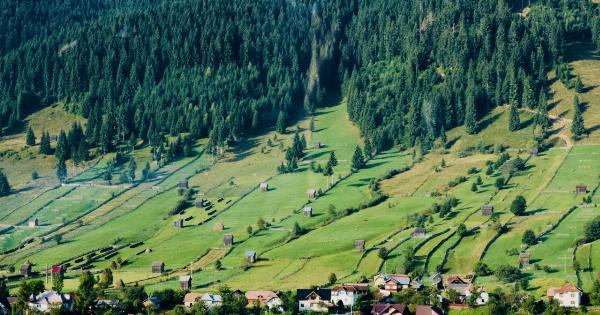Protecting our homes and properties from unforeseen events is a responsibility that every homeowner must consider.
With the increasing frequency and intensity of natural phenomena, such as hurricanes, earthquakes, and floods, it has become crucial to invest in property insurance. Although these policies are essential in safeguarding our assets, they come at a cost.
In this article, we will explore the factors that influence the cost of property insurance against natural phenomena and how homeowners can ensure they are adequately covered without breaking the bank.
Understanding Property Insurance
Property insurance is a type of coverage that protects homeowners against financial losses due to damage or destruction to their properties. These losses can occur from various causes, including natural disasters.
The most common types of property insurance policies include homeowners insurance, renters insurance, and commercial property insurance. While the specifics may differ between policies, their goal remains the same – to provide financial protection when the unexpected happens.
The Risks of Natural Phenomena
Natural phenomena pose a significant threat to properties worldwide. From hurricanes slamming coastal regions to earthquakes shaking the foundations of buildings, these events can cause catastrophic damage and result in hefty repair costs.
Additionally, floods, wildfires, and tornadoes are all forces of nature that can leave a path of destruction in their wake. Insurance companies must assess these risks when determining the cost of property insurance for areas prone to natural phenomena.
Factors Influencing the Cost of Property Insurance
Several factors come into play when determining the cost of property insurance against natural phenomena. These include:.
1. Location
The geographical location of a property is a crucial determinant of insurance costs. Properties located in regions prone to natural disasters, such as coastal areas or earthquake zones, are at a higher risk and thus attract higher insurance premiums.
2. Property Value
The value of a property and its contents plays a role in determining the insurance cost. More expensive homes typically require higher coverage limits, resulting in increased premiums.
3. Construction Materials
The materials used in the construction of a property can impact its vulnerability to natural disasters.
Homes made with durable materials that can withstand strong winds or earthquakes may receive lower insurance premiums compared to those constructed with less resilient materials.
4. Deductibles
The deductible is the amount a homeowner must pay out of pocket before the insurance coverage kicks in. Higher deductibles can lower insurance premiums, but it also means a greater financial burden in case of a claim.
5. Previous Claims
Homeowners with a history of numerous insurance claims, particularly related to natural disasters, may experience higher insurance costs. Insurance companies view frequent claims as a higher risk.
6. Mitigation Measures
Installing preventive measures, such as storm shutters, reinforced roofs, or modernizing electrical systems, can help mitigate the risk of damage from natural phenomena.
Insurance providers may offer discounts to homeowners who have taken steps to protect their properties, reducing their insurance costs.
7. Coverage Limits
The coverage limits of a property insurance policy determine the maximum amount an insurer will pay out in the event of a covered loss. Higher coverage limits increase the cost of insurance.
8. Insurance Company
Different insurance companies have varying pricing strategies and underwriting guidelines. It is essential to compare quotes from multiple insurers to ensure you are receiving the best coverage at the most competitive price.
Reducing Property Insurance Costs
While property insurance against natural phenomena may be costly, there are strategies homeowners can employ to reduce their premiums without compromising coverage:.
1. Shop Around
Obtain quotes from multiple insurance providers to compare prices and coverages. Different companies may offer varying rates for similar levels of protection.
2. Increase Deductibles
Raising the deductible can lead to lower insurance premiums. However, homeowners should be prepared financially to cover the higher out-of-pocket costs in the event of a claim.
3. Bundle Policies
Consider bundling property insurance policies with the same provider that insures your vehicles or offers other coverage options. Insurance companies often provide discounts for multiple policies.
4. Maintain a Good Credit Score
In some states or countries, your credit-based insurance score can influence your insurance premium. By maintaining a good credit score, you may enjoy lower insurance costs.
5. Invest in Preventive Measures
Take steps to fortify your property against natural disasters. Installing storm shutters, reinforcing the roof, and securing loose objects in your yard can all help reduce the risk of damage and potentially lower insurance costs.
6. Review Your Coverage
Regularly assess your insurance needs and ensure your coverage remains adequate. As property values change over time, adjustments may be necessary to avoid overpaying or being underinsured.
The Importance of Property Insurance
While the cost of property insurance against natural phenomena can be significant, not having adequate coverage can be financially devastating.
The unpredictable nature of natural disasters makes it essential for homeowners to protect their investments and mitigate potential losses. By understanding the factors that influence insurance costs and adopting cost-saving strategies, homeowners can strike a balance between comprehensive coverage and manageable premiums.
























